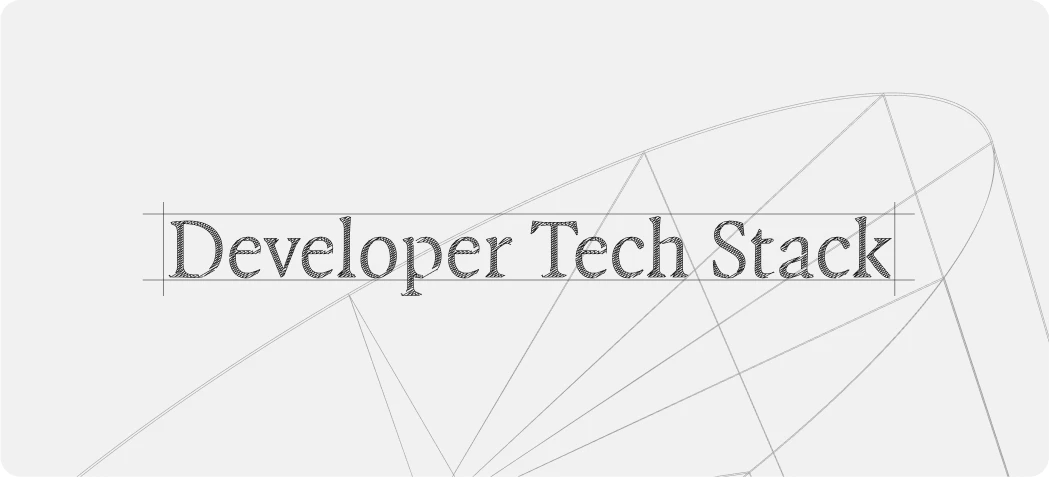
Ryan Daws is a senior editor at TechForge Media with over a decade of experience in crafting compelling narratives and making complex topics accessible. His articles and interviews with industry leaders have earned him recognition as a key influencer by organisations like Onalytica. Under his leadership, publications have been praised by analyst firms such as Forrester for their excellence and performance. Connect with him on X (@gadget_ry) or Mastodon (@gadgetry@techhub.social)
Google has debuted the first Android 16 Developer Preview, offering developers an early look at the next major version of its OS.
Designed exclusively for developers, this initial release enables early development, testing, and the collection of feedback. As to be expected with preliminary builds, the Android system and the apps running on this version may not always function as intended.
System changes and app compatibility
Android 16, similar to its predecessors, introduces several system changes. Developers may experience impacts ranging from minor glitches to notable limitations until their apps are updated to be compatible with the new version. While the majority of apps, APIs, and features should operate as expected, it is recommended that developers review all known issues to better understand potential challenges.
One key development in the Android 16 journey is Google’s commitment to more frequent API releases, aimed at accelerating innovation across apps and devices. This iteration marks the beginning of that commitment, with a planned major launch slated for Q2 2025.
This timeline adjustment from Q3 to Q2 seeks to better align with the ecosystem’s device launch schedules, ensuring more devices receive the update sooner. Consequently, developers need to carry out annual compatibility testing a few months earlier than previous years.
In addition to the major release, a minor rollout is expected in Q4 of 2025, including new developer APIs, feature updates, optimisations, and bug fixes—sans any app-impacting behaviour changes. Google will uphold quarterly Android releases, with Q1 and Q3 updates bringing incremental quality improvements.
Developers will continue to use the SDK_INT constant with VERSION_CODES for major Android releases. However, a new SDK_INT_FULL constant is introduced for checks against both major and minor versions, accommodating the new release strategy. Google encourages developers to provide feedback as these APIs undergo further refinement.
Android 16 Developer Preview features and integrations
The Android 16 Developer Preview introduces several noteworthy features. The embedded photo picker, for instance, offers a secure, integrated way for apps to access user-selected images and videos from both local and cloud storage. Supported from Android 4.4 onwards, this requires minimal integration through the Android Jetpack library.
Health Connect APIs, still in early access, allow apps – with explicit user consent – to read and write medical records in FHIR format. This move to finally streamline health data handling reinforces Google’s commitment to user privacy and data security, as further underscored by the latest Privacy Sandbox enhancements in Android 16.
Developers eager to test Android 16 can install it on a variety of Google Pixel devices. Detailed installation instructions can be found on Google’s site, with developers reminded to update both their SDK and Android Emulator for optimal results.
As with any developer preview, Android 16 might exhibit stability, battery, or performance issues, rendering it unsuitable for daily use by some users, particularly those with accessibility needs. Known issues in this preview include occasional failures in launching apps via ongoing media notifications and camera screen flashes during video recording when the zoom level is adjusted on some devices.
Not all apps may function as expected, including Google’s native apps, due to the preview’s lack of Compatibility Test Suite (CTS) approval. Developers reliant on CTS-approved builds or SafetyNet APIs could encounter additional challenges.
(Photo by Samuel Angor)
See also: Google plans to merge Chrome OS and Android

Looking to revamp your digital transformation strategy? Learn more about Digital Transformation Week taking place in Amsterdam, California, and London. The comprehensive event is co-located with IoT Tech Expo, AI & Big Data Expo, Cyber Security & Cloud Expo, and other leading events.
Explore other upcoming enterprise technology events and webinars powered by TechForge here.
Tags: android, android 16, coding, development, google, mobile, platforms, programming
.png)
 8 hours ago
3
8 hours ago
3



/cdn.vox-cdn.com/uploads/chorus_asset/file/25515570/minesweeper_netflix_screenshot.jpg)




 English (US) ·
English (US) ·